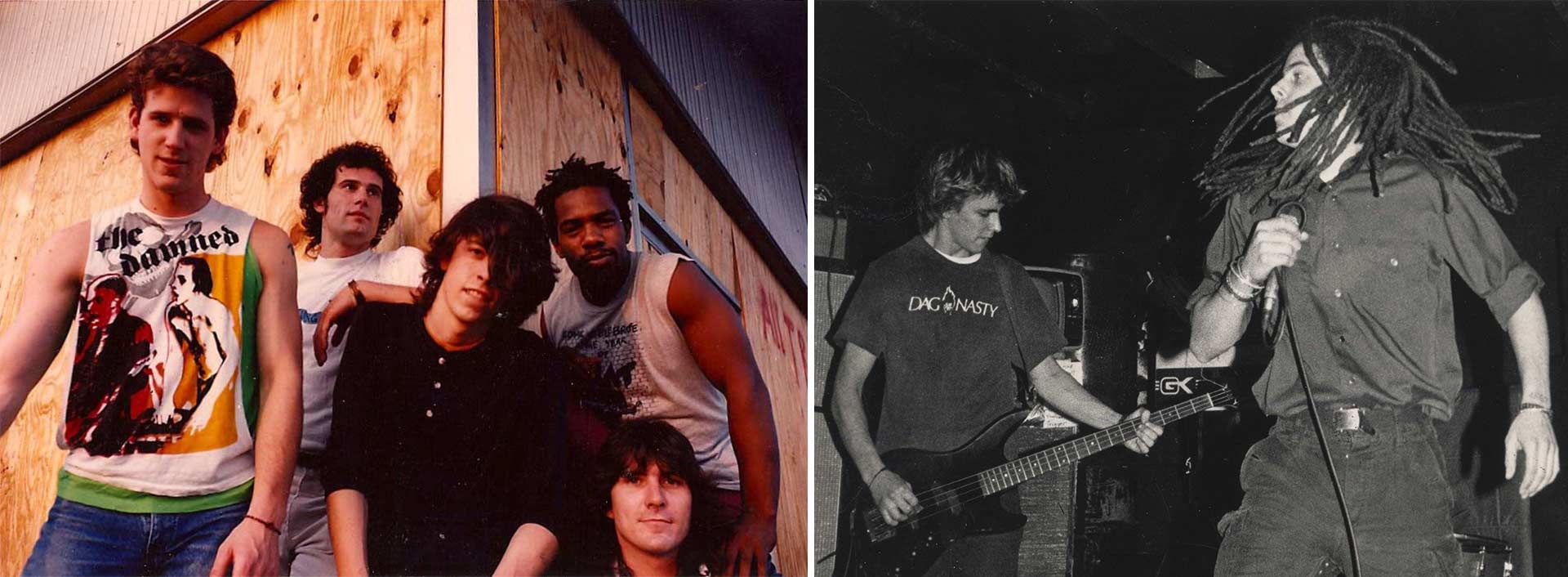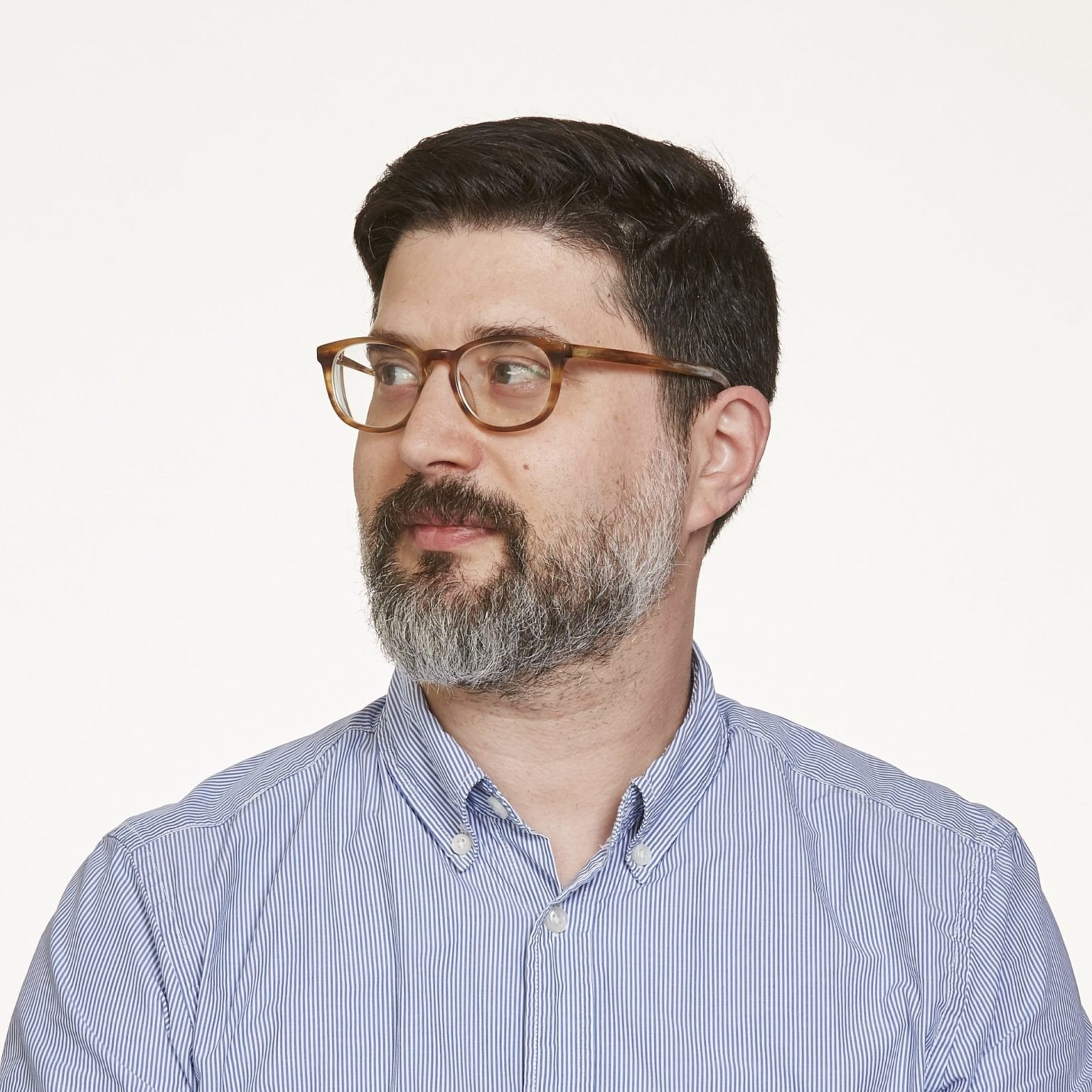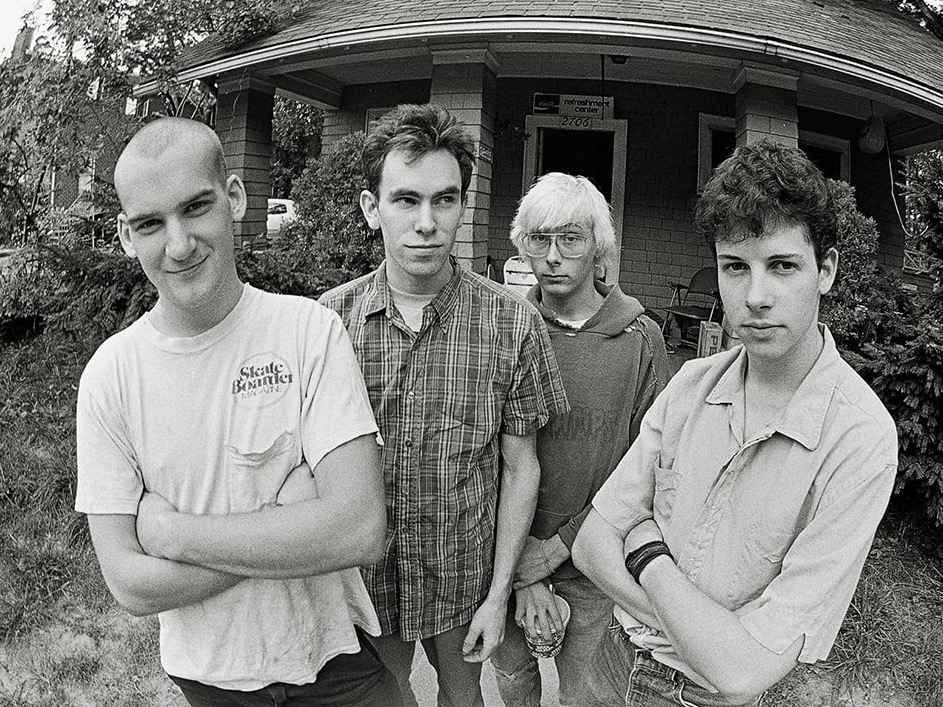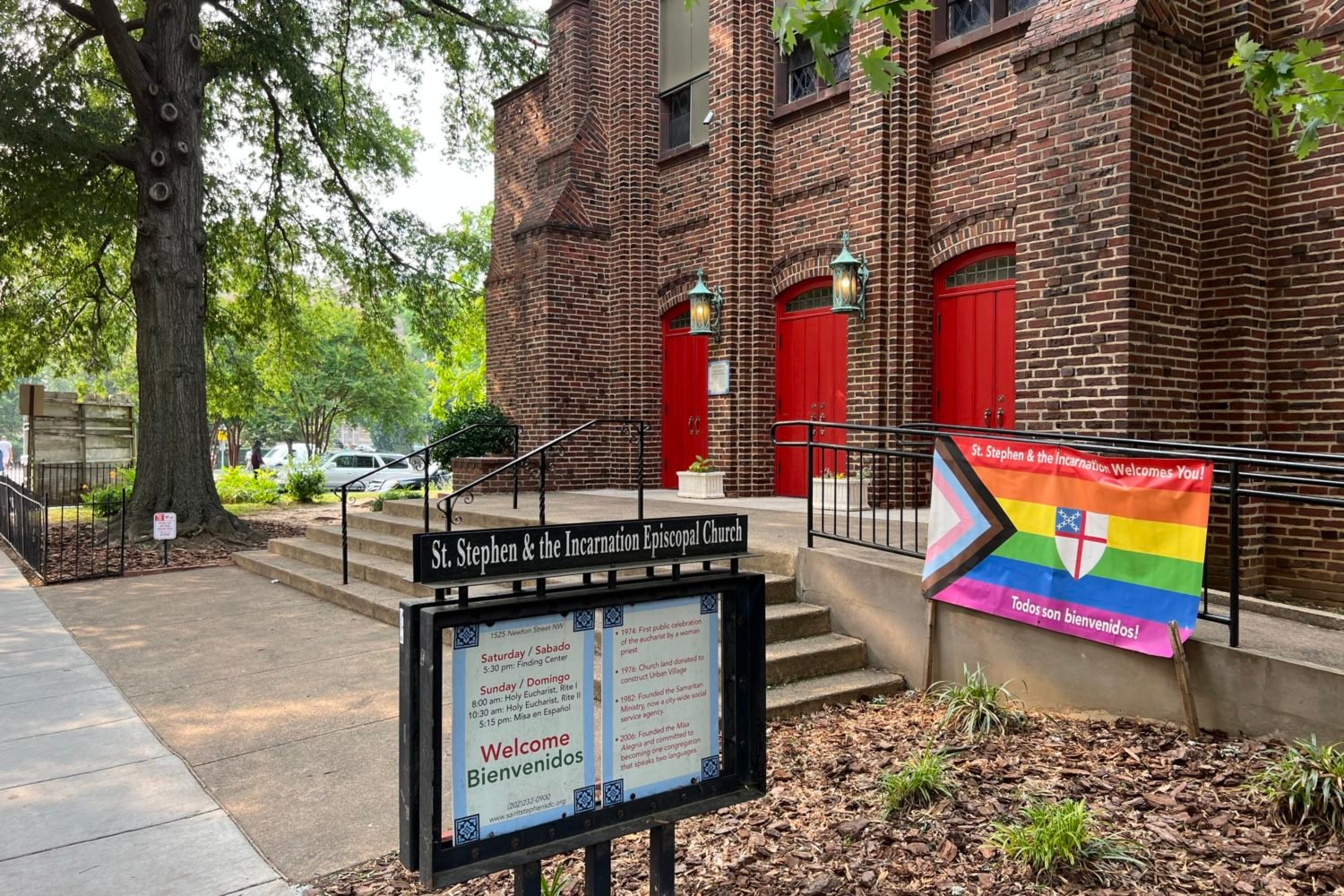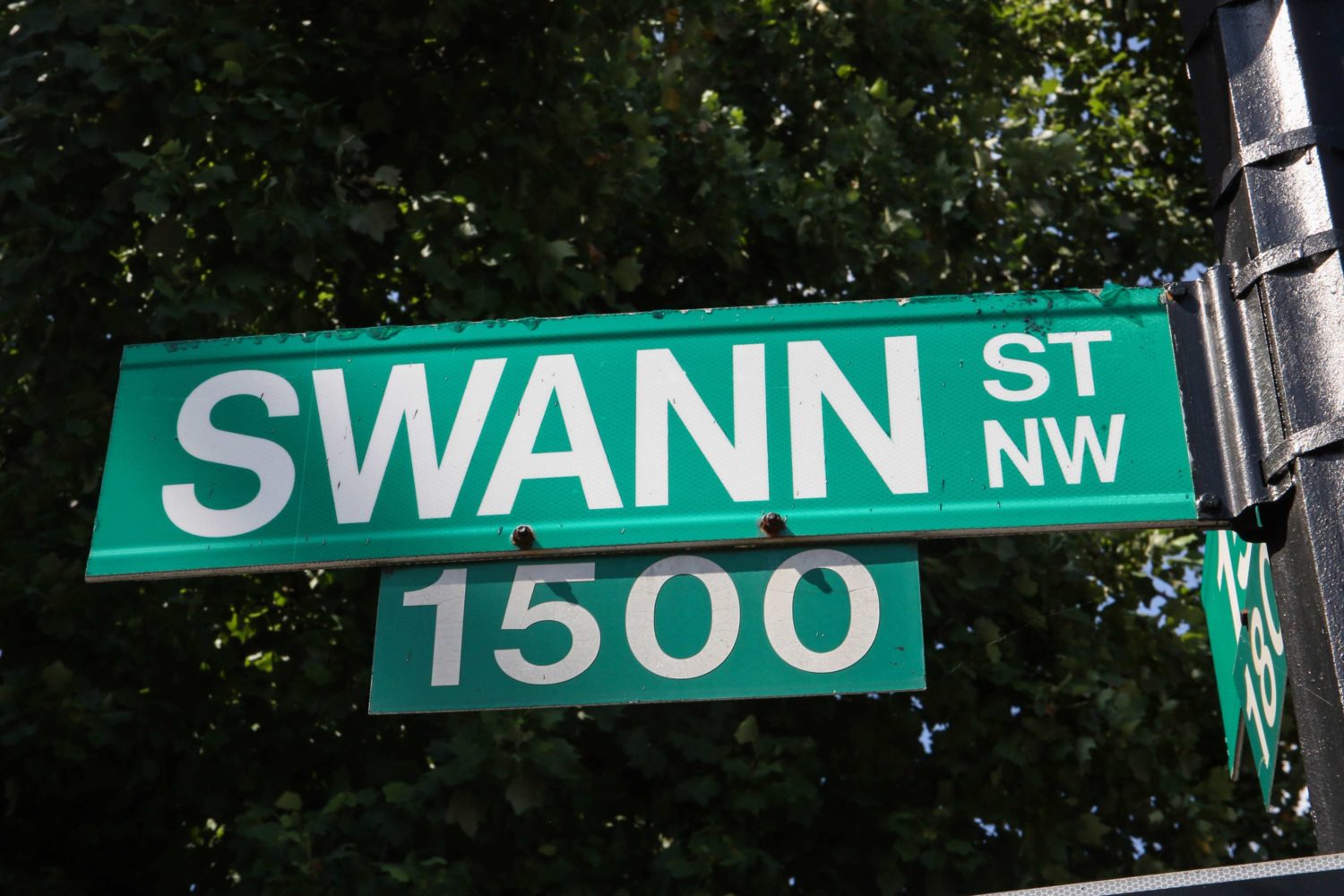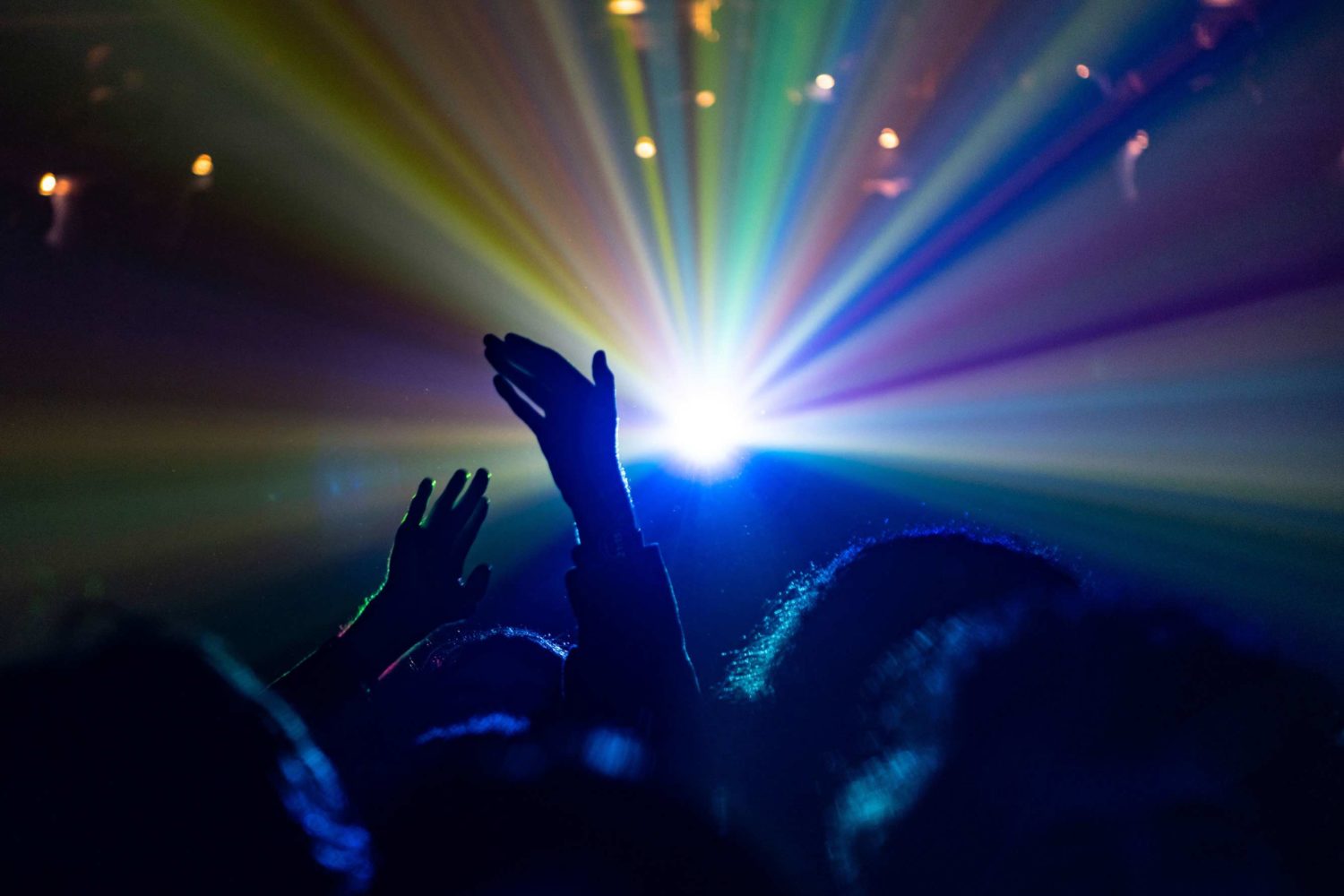About DC Music issue 2022
Check out our entire DC Music issue here, including 20 classic albums, 5 intriguing new artists, and a huge list of local venues.
Scream
There’s a perfect title that DC punk longtimers Scream could have tapped for their new album: Still Screaming. It’s a shame, then, they already used it for their classic 1983 debut. Instead, the band is calling the new one DC Special. Well, that works, too. “We wanted to make an album to kind of tell our stories and the band’s story through the songs,” says singer Pete Stahl, who formed the group in Bailey’s Crossroads with his brother, Franz, along with Skeeter Thompson and Kent Stacks. When it comes out next year, DC Special will be Scream’s first full album in 30 years.
To capture what makes DC special, the band invited a range of local musicians to help out on the album. Stahl isn’t yet sure which of the 17 recorded songs will end up on the final release, but there should be plenty of notable names. One new tune was written by Bad Brains bassist Darryl Jenifer. Another features drumming from Bob Berberich, a member of the popular 1960s DC garage band the Hangmen. (The band was managed by a lawyer named Arnold Stahl: Pete and Franz’s dad.)
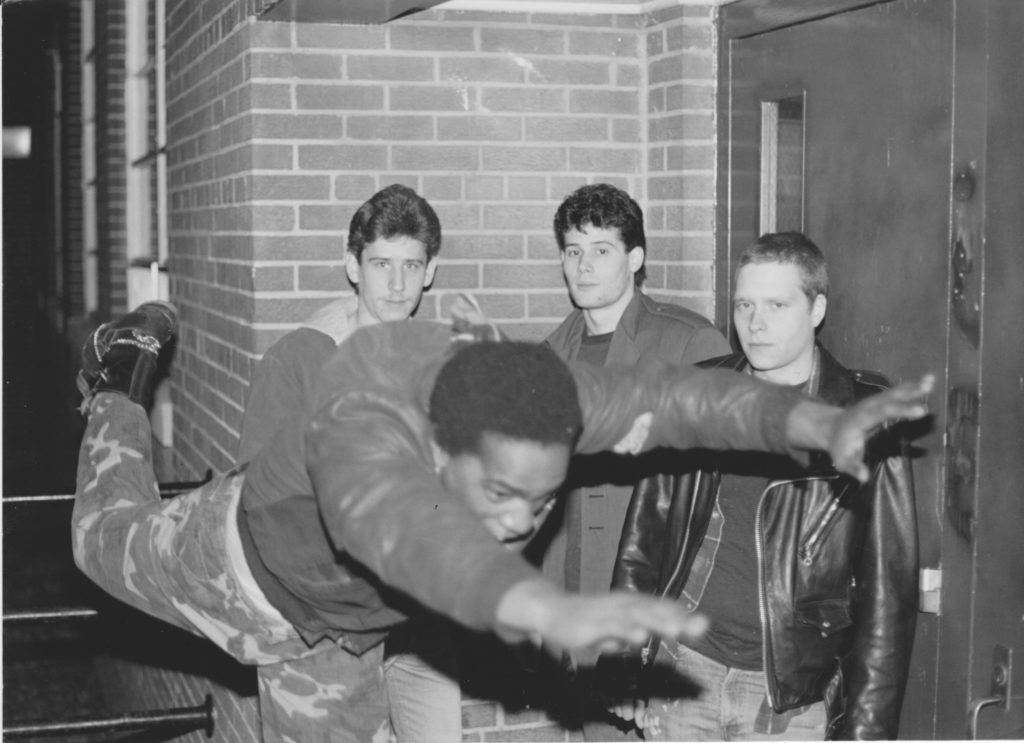
The bulk of DC Special was recorded last September at the recently shuttered location of famed Arlington studio Inner Ear, and the process often resembled a block party as much as a recording session. The band invited friends, family, and lots of musicians to come by. Some arrived with instruments; others brought along their kids. The band had studio monitors rigged up outside so visitors could sit around and hear the music. “Everyone was just kind of hanging, cooking out,” Stahl recalls. “It was like a backyard barbecue.
One of those visitors was Scream’s most famous ex-member, Dave Grohl, who did a stint in the band before heading off to superstardom in Seattle. “That was cool as shit,” says Stahl, who isn’t ready to reveal what Grohl contributed to the album. “I didn’t expect him. But he really made an effort to be part of it. It was a blast just hanging. It seems weird to some people because he’s a massive worldwide entertainer, but he’s still just Dave.”
Soulside
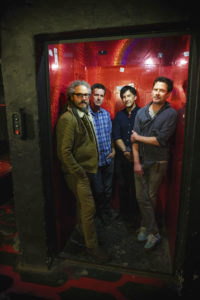
After an electrifying run as regulars on DC’s hardcore scene, Soulside broke up in 1989. Singer Bobby Sullivan headed for other musical endeavors, while the rest of the band joined Eli Janney in Girls Against Boys. So how did Soulside come to make its first album together in decades? The will had been there for a while. The band reunited in 2014 for the premiere of the DC hardcore documentary Salad Days, and something just seemed right. They kept performing, and in 2019 they recorded songs that were released as a seven-inch record. “It felt not at all nostalgic—just great playing together,” says bassist Johnny Temple. “A full album seemed like a logical next step.”
Except by that point, the pandemic had arrived, and the band is scattered around the world. (Sullivan lives in North Carolina, guitarist Scott McCloud is in Austria, drummer Alexis Fleisig resides in LA, and Temple is in New York, where he runs the publishing company Akashic Books.)
To write songs, they emailed one another recordings of ideas and works in progress, then met up on Zoom. Somehow, it worked. After about a year of this long-distance creativity, Soulside had enough material to record, and they assembled at the Baltimore studio owned by Jawbox’s J. Robbins, who’s producing the album.
Titled A Brief Moment in the Sun—a quote from W.E.B. Du Bois about Reconstruction that ties into some of the album’s social-justice themes—it’s set for release this fall. “The music is vibrant, it’s aggressive, it’s soulful,” says Temple. “There are songs where Bobby’s singing makes me tear up every time I listen to it.” Beyond that, it’s hard to categorize. “There was no element of us trying to be consistent with [our music from] before,” says Temple. “If there never had been a Soulside and the four of us got together and started playing, I think it would sound the way it sounds now. But of course we do have this history together, which gives the experience a lot more emotional depth. When the four of us make music, to me that sounds like Soulside.”
A version of this article appears in the July 2022 issue of Washingtonian.

